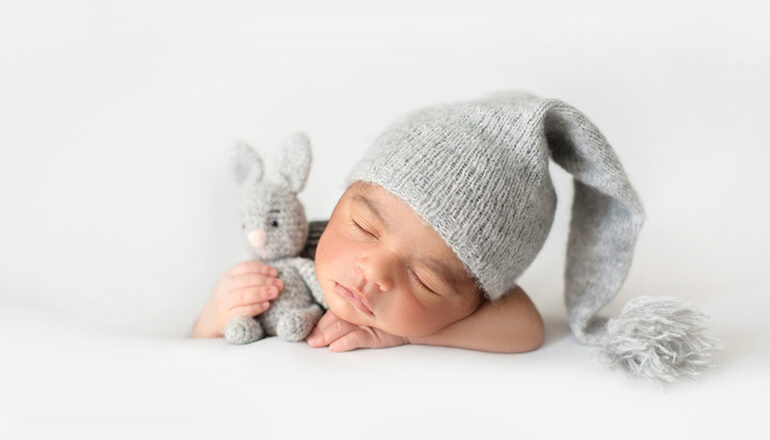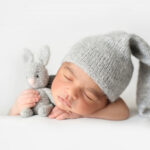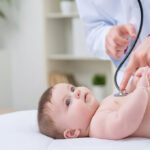Many new parents get confused about how to understand and deal with their newborn babies. Here are 10 things to know about your newborn:
1. The first days at home
The baby’s days and nights are usually confused in the first few nights at home from the hospital. White noise and low lighting can help to soothe them late at night.
2. How to deal with the umbilical cord?
The umbilical cord falls out faster if it is kept dry – generally within two weeks. Therefore, give your baby sponge baths until then, and if the umbilical cord gets wet, dry it gently with a towel.
Also, don’t freak out if the stump bleeds a bit after the cord falls out, it is quite normal!
3. Will your newborn interact with you?
Until they reach 6-weeks, don’t expect smiles or any other interaction from your newborn, of course except crying, eating, and sleeping. However, your newborn feels safe by your affection and enjoys being held and cuddled.
4. Babies connect with you through crying
Newborns have an undeveloped nervous system and are easily frightened or irritated.
In fact, they tend to cry a lot because this is how they connect with others!
Their loud cries will inform you about their needs, whether they are hungry, cold, have a dirty diaper, or just want to be carried.
Even though this kind of communication might be stressful, don’t worry, the storm will be gone after three months.
5. They cry without tears.
Babies cry with no tears! Their little eyes will develop tears until they are around a month old.
6. Does your baby see you?
Babies’ eyesight is very low until they are 6 months old. Their eyes are just 75% of their adult size, and their sight level is at 20/400!
7. They have natural swimming reflex
Newborns have a natural swimming reflex in the first 6 months of their lives, but they lose that gift as they grow up.
They can kick and move their arms very well when they are in the water.
8. Is your baby’s temperature normal?
Except for the 24 hours following the first series of vaccinations at 2 months, any temperature exceeding 38°C in a newborn under 3 months old is considered an emergency.
9. Babies can swallow and breathe at the same time
Unlike adults, babies can breathe and swallow simultaneously. They don’t need to pause and breathe until they are about 7 months old.
10. Is it dangerous to touch the baby’s head and soft spots?
You are not contacting your baby’s brain when you touch his soft areas, known as fontanels. In fact, they are thick and very protective membranes.
The soft areas helped your baby to pass the tight delivery canal safely.
Don’t forget that your child’s delicate head has already gone through a hard trip with no injuries.
11. How to protect your baby outdoors?
Avoid exposing the newborn to the sun, as well as sick individuals and overcrowded smaller areas.
You can give their older siblings the mission of preserving baby sanitation. They’ll like reminding people to not touch the baby without first cleaning their hands, or not to kiss them on the mouth, etc.




